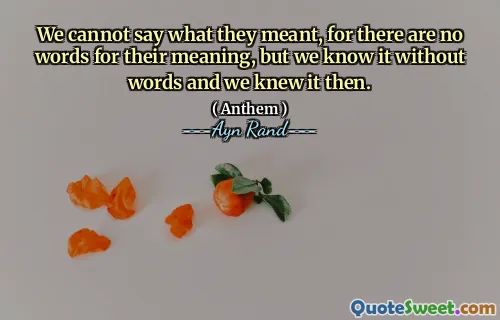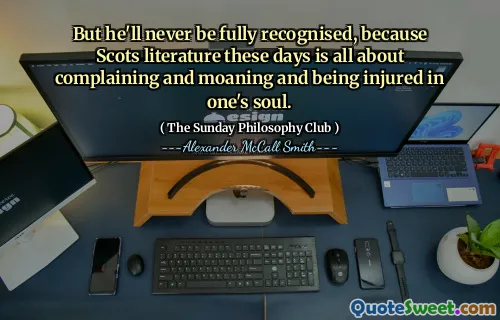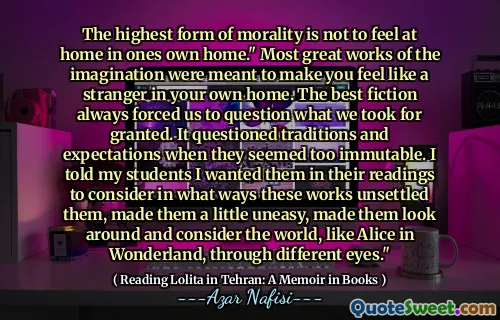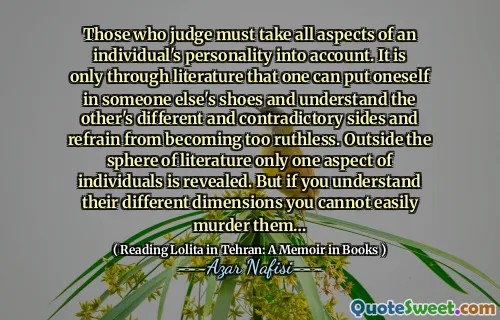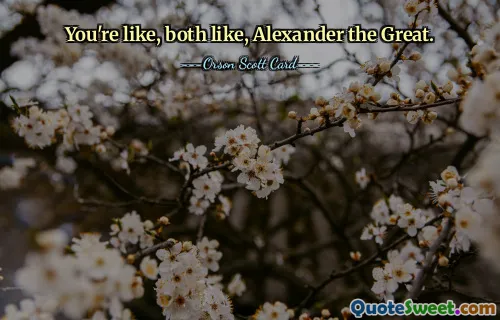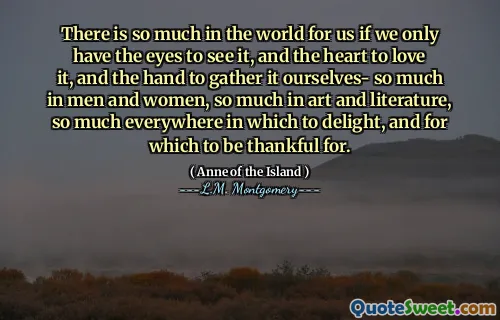
Their eyes were dark and hard and glowing, with no fear in them, no kindness and no guilt.
This vivid description paints a picture of individuals whose eyes reflect a complex amalgamation of emotion and intent. The darkness and hardness suggest a resilience or perhaps a callousness that has been hardened through experience or moral compromise. The glowing aspect introduces an almost otherworldly intensity, giving their gaze an unsettling, almost mesmerizing quality. The absence of fear indicates confidence or a rejection of vulnerability, possibly pointing to defiance or indifference to consequences. The lack of kindness and guilt hints at a lack of remorse or empathy, making these figures seem emotionally detached or morally ambiguous.
In a broader context, such a portrayal often symbolizes characters who embody strength, anonymity, or a threatening presence. Their eyes serve as a window into their nature—unyielding and unwavering, unburdened by softer human qualities. This description prompts reflection on the human capacity for change and the boundaries of moral resilience. Do these individuals possess genuine strength, or are they perhaps haunted by past circumstances that have eroded what little empathy or conscience they may have once had?
This quote invites us to consider the significance of eyes as metaphors for conscience, emotion, and identity. The eyes, often called the windows to the soul, here reveal a stark facade—perhaps a defense mechanism or a reflection of a corrupted inner world. It challenges us to think about the darkness that exists within human nature and how certain circumstances or choices can forge individuals into hard, unyielding beings. Such imagery underscores the complexity of moral judgment and the spectrum between humanity and monstrosity, making it a compelling depiction of characters or beings who are fundamentally altered by their inner experiences or external influences.

